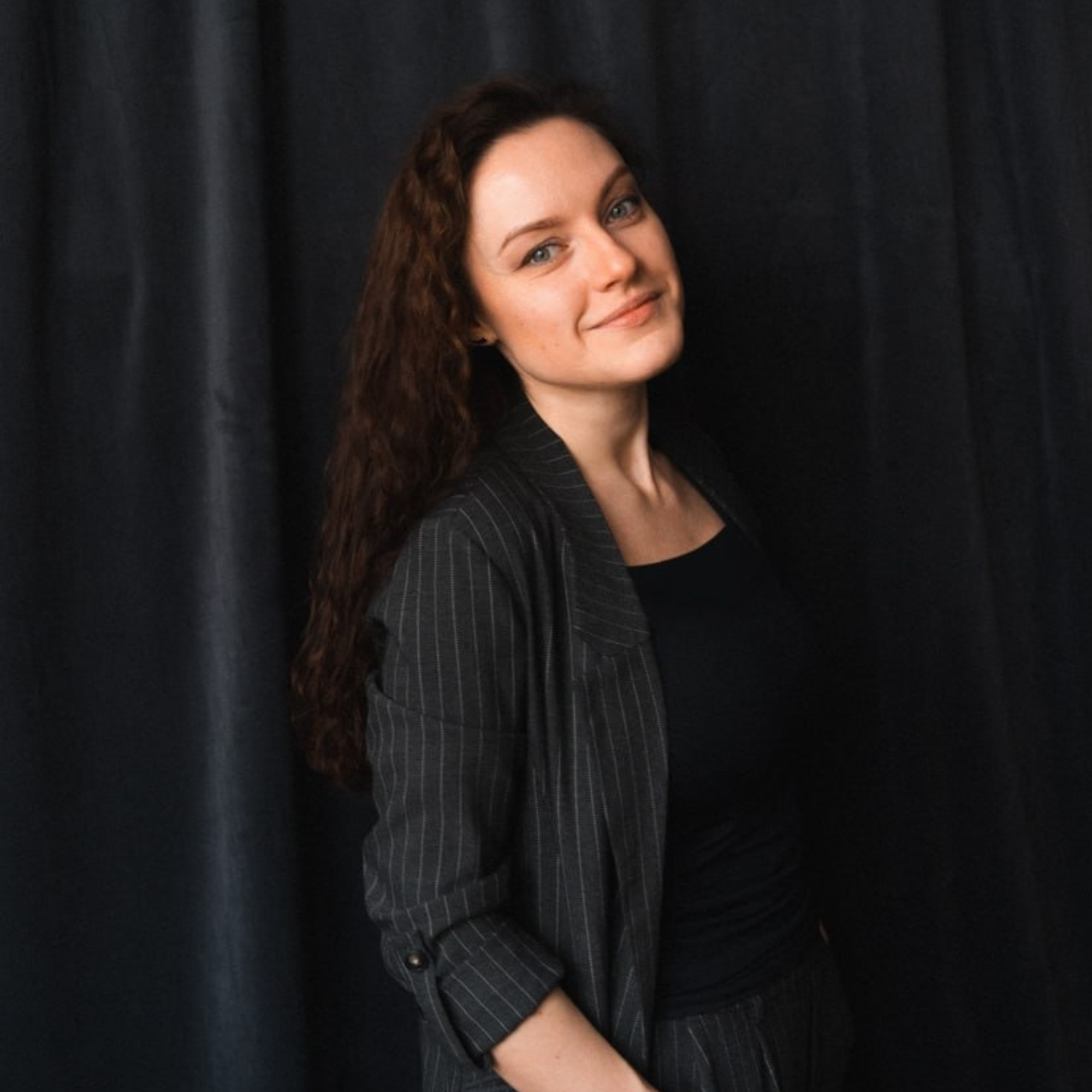
How to Predict your App’s Success with PESTEL Analysis

PESTEL analysis is a means of analysing global factors that influence a product’s performance on the market. Use this guideline to predict how successful your app will be after its release.
In need of an assessment of the chances of your app project’s success on the market before investing in the development?
One of the possible ways to do so is to implement the PESTEL analysis.
PESTEL takes into consideration the following macro-environmental factors to predict their future impact on your project:
- Political;
- Economic;
- Social;
- Technological;
- Environmental
- and Legal.
For a more detailed description of each, check out this link.
How to Conduct a PESTEL Analysis
One does not have to be an expert to conduct a PESTEL analysis. Just follow these steps:
- Make a table with all the macro-economic factors listed above.
- Collect information on the political, environmental and technological opportunities or threats facing your app development project after launch.
- Score each position in the list from 1 to 10, with 1 contributing the least to your success and 10 the most.
- Multiply each score by the correction index (based on the importance of each of the factors for your particular case or using the open source statistics on that factor’s correlation).
- Sum up the final score for each category in order to obtain the results.
- Repeat the same assessment for your competitors’ apps.
In comparison, the total score will show how competitive your app will be on the market.
- To help you understand how this is done, we’ll show an example analysis based on one of Magora’s development cases. Hopefully, it will prove useful for you when working on your own application.
PESTEL Analysis Example Based on Magora App Project
.webp)
Organic Response is an automatic wireless lighting system for which the Magora developer team created the hardware and software integration, as well as the whole programming system. This project was certainly very challenging and fascinating for us as developers.
Now let’s run a PESTEL analysis to assess its competitive advantages and potential risks in comparison to market rivals.
Political Factors
In this group, we include how the political situation in the country and governmental policies affect the app’s perspectives.
The project is based in Australia. The country has a stable government that encourages free trade. There is no state monopoly for electricity-related projects. We see no obstacles for app owners which can disrupt the launch. We assign this factor a middle score of 1, as we would estimate any other electricity app project.
Economy
An intuitive sensor lighting system, while being a technologically advanced and expensive solution, pays off quickly. It effectively lights up large spaces and is much more cost-beneficial than regular lighting systems. Therefore, we rate this parameter a 9 – above the majority of competitive solutions.
Society
We believe that society will be interested in a convenient lighting app for homes, offices and plants. So we fix 4.
Technological Factors
Australia is a technologically developed country. It is also a progressive one that will not inhibit the implementation of an advanced technological solution and the overall level of electrical networks is appropriate for the integration of this sensor system, so we give the technological side a score of 8.
Environment
An automatic turn-on turn-off system can help people to care for natural resources, decreasing overall electricity consumption. In our situation, apart from saving energy, the technology allows for the reduction of light pollution in big cities. The environmental aspect makes the project unique, and deserves 10.
Legal
We check if our activities are legitimate in Australia. So far, installing sensor lamps does not break any rules.
Something else that interests us here is the intellectual property protection rules. Australia is known as a place where intellectual property is well-protected. For our app we give this parameter 6.
Now let’s make a table
In front of every factor, we put points that were obtained through a survey and correspond with the situation in the country. For your case, you can conduct your own research or use the data from any large databases.
|
Factors |
Points |
Correction index |
Final score |
|
Political |
1 |
1.54 |
1.54 |
|
Economic |
9 |
3 |
27 |
|
Social |
4 |
1 |
4 |
|
Technological |
8 |
2.6 |
20.8 |
|
Environmental |
10 |
2 |
20 |
|
Legal |
6 |
1.9 |
11.4 |
|
Sum up |
84.74 |
Finally, we multiply the variables and sum up the results. Now we have approximate results and can use them to compare this app to the alternatives.
To better understand the situation within your own niche, you need to conduct an analysis of your opponents’ apps and make a comparison.
This model helps to compare totally different apps on a single scale by turning their potential into numbers.
Get in touch with our business consultants to discuss your project or assess the competitiveness of your business idea.





